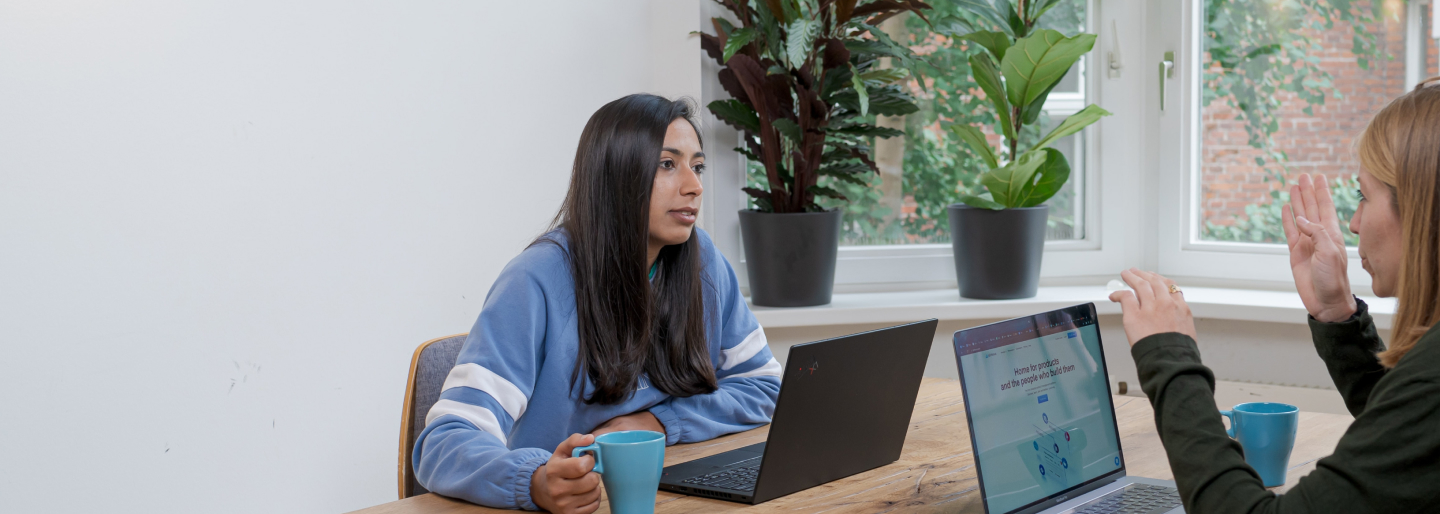Who/What is a Creative Project Manager?
Whatever Does not Motivate Innovations and Ingenuity Can Assassinate It- Being told to do a substantial task in a particular way, with no tolerance of failure, little expectation of gratitude or recognition for success, and arbitrary time pressure, can kill a person’s creativity and motivation to commit further.
What makes a creative project, are the tangible products of creative behavior and creative thinking. It involves adding innovation, inspiration and zest to the way project management is done. It is an inspired thinking process that aims at improving communications skills with teams, and presents better opportunities for change while also avoiding setbacks along with other difficulties faced by traditional project management methods.
This creative approach provides new insights into problems,- making it easier to see what’s wrong instead of just knowing what needs fixing. Creative projects involve giving and receiving constructive feedback loops involving both successes and failures because they were designed this way to make sure it’s going right.
A project is creative when it:
- Asks, or attempts to answer the right kind of questions. A project that answers a question with an obvious right answer doesn’t leave much room for creative thinking. A project’s questions should prompt teams to: coordinate, design, invent, compose, organize, plan, propose, and create. This curiosity helps to generate numerous ideas and innovations. History proves that ideas are the foundation that inspires innovations and creativity in any field.
- Requires collaboration. Research that shows that creativity does not thrive in competition. While individual work can certainly be creative, team work leads to more creativity. Collaborating exposes us to different perspectives and leads to more diverse ideas, especially when the group is heterogeneous. If group norms are such that all ideas are welcome and debate is free and respectful, ideas cross-pollinate and produce better and more original thinking. Even if a project is more cooperative than collaborative, in opportunities for teams to collaborate on brainstorming, planning, and evaluating.
- Research also has shown teams are most likely to be creative when they are intrinsically motivated by their interest, enjoyment, job satisfaction, than the challenge of the work itself. But motivation inside organizations is a tricky business, because almost everyone is driven by many extrinsic motivators, too- such as compensation, rewards, recognition, and fear of failure.
At first glance, the word- creative in project management might seem like an oxymoron. But the Creative Project Managers know how to create balance, to properly motivate creativity and ultimately innovation:
- Goals: Clear direction on the strategic goal, but lots of leeway in how to achieve it.
- Evaluation: To perform at their creative peak, people need to know that every idea will be respected (if not accepted) and respected enough to merit thoughtful consideration.
- Reward: Creativity flourishes when employees know that rewards and recognition will follow from good, creative efforts
- Pressure: The urge you get to complete tasks within a specific period to appropriate and acceptable levels. It's normal to feel under pressure when you recognise your work has deadlines and quality expectations.
The creative project manager, balances creativity and structure to drive projects forward on time and under budget.
A Creative Project Manager not only brings together a wide variety of talents- creatives, stakeholders, clients, company management; but of skills.
We have carefully picked out -Soft skills that will make the Creative Project Manager prominent.
Soft skills, also referred to as human skills, relate to the way employees work and interact with others. It differs from hard or technical skills, which are role-specific. These soft skills fall into the following categories:
- The 4 C’s
The learning skills of the 21st century are frequently referred to as “4 C’s,” which include critical thinking, creative thinking, communicating, and collaborating. These skills are crucial for any Creative Project Manager success.
- Critical thinking: Uncertainty is peculiar with every project, from overrunning budget to missed deadlines, are sometimes inevitable in project execution. Because the Creative project managers can see into the various data-driven reports like forecast vs. actual to identify the loopholes and other variances. Creative Project Managers use their critical thinking and analytical skills to develop a mitigation plan. Finally, they can prioritize tasks using their organizational skills to bring the project back on track and avoid further bottlenecks.
- Communication: Communication is essential for sharing accurate information with precision. It enables the Creative Project Manager to explain roles and responsibilities and give direction to teams with absolute clarity. When combined with, negotiation skills allows Creative Project Managers to effectively deal with stakeholders, resource managers, and other executives. A sudden change in the project scope or timeline will affect the project schedule, budget, costs, resource allocation, etc. Therefore, Creatives must effectively negotiate with clients to find common ground and incorporate only feasible changes.
- Collaboration: Heavy workloads, lack of motivation and recognition, micromanagement, disengagement and favoritism lowers productivity. When teams are disengaged or lack the motivation to work, the obligation is on the Creative Project manager to lead by example and provide sufficient support and guidance, this motivational skills boost the teams’ morale and enhance their performance. This will in effect make employees feel valued and share their challenges and issues more openly with Project managers.
- Creativity: Absolutely every project is unique. To meet organizational goals, Creative project managers will have to think creatively and develop an innovative plan that leads into successful completion and delivery. These skills enable managers to think out of the box and process new ideas by looking beyond traditional practices to seeking simple, focused solutions to real problems. Workplace creativity is essential for innovations and can be used in every industry. Whether creative problem solving or ideating a breakthrough product for the firm, Creativity is an integral part of business growth and fosters healthy competition.
- Cognitive flexibility (CF): This means the capacity to adapt to the changes frequently and productively, and to work on multiple tasks all at once. If you demonstrate traits that reside in multi-taskers and which are also appreciated by employers. C.F. is occasionally referred to as task switching. People with greater C.F. are more likely to adjust quickly when initial plans alter, obstacles arise, and are often better at fixing problems.
- Social and emotional intelligence (EI): As we move towards more digital transformations and globalized society, being aware of and considerate of cultural differences has also become a part of the emotional intelligence mix. Possessing these qualities helps us to work in collaborative environments, become increasingly diverse and inclusive, and get the best results from everyone.
- Leadership skills: Exemplary leadership skills that can steer teams to success by leading by example is the need of the hour. Transformational leadership skills can assure the project’s and team’s progress, strengthening processes and people achieve their goals. Such skills usually are primarily essential to guide and manage teams.
- Entrepreneurial mindset: This is required inorder to stay proactive and showcase their interpersonal skills. This will increase the entrepreneurial abilities of creativity, agility, and decision-making. When an employee has a visionary mindset, they think of the organization as their own and work efficiently to deliver maximum output. Hence, a soft skill like an entrepreneurial approach is needed from employees to make businesses grow.
- Problem-solving: Employees with problem-solving skills are more likely to autonomously carry out their responsibilities and surmount challenges intelligently, quickly, and efficiently.
- Negotiation and persuasive skills: Negotiation skills consist of strong interpersonal and communication skills that help maintain good relationships with clients and foster business profitability. A creative Project Manager with negotiation skills and persuasive techniques wins you workable agreements and feasible contracts.
- Lateral thinking skill: In an era of continual change and industrial transformation, lateral thinkers resolve problems with an innovative approach- develop a new idea from one known idea. This skill strengthens one’s creativity and increases productivity and profit in any given field.
- Work ethics and integrity: A survey conducted by Forbes identifies work ethic and integrity as the crucial ingredient in the workplace. A Creative Project Manager’s strong work ethic will help build a positive relationship with teams, stakeholders, and clients, even if the Creative Project Manager is new in an organization and is still developing technical skills. Many employers would rather work with someone who has a strong working ethic and is eager to learn than a skilled worker who seems unmotivated and is unethical.
Sources:
Creative Project Managers: What You Need to Know
What Doesn’t Motivate Creativity Can Kill It
What is Creative Project Management? Benefits, Challenges & Process - Technicali - Various Tech Insights, Reviews, Alternatives & Guides
10 Essential Soft Skills That Will Become Prominent in 2030
%201.jpeg)


.png)
.svg)
.svg)